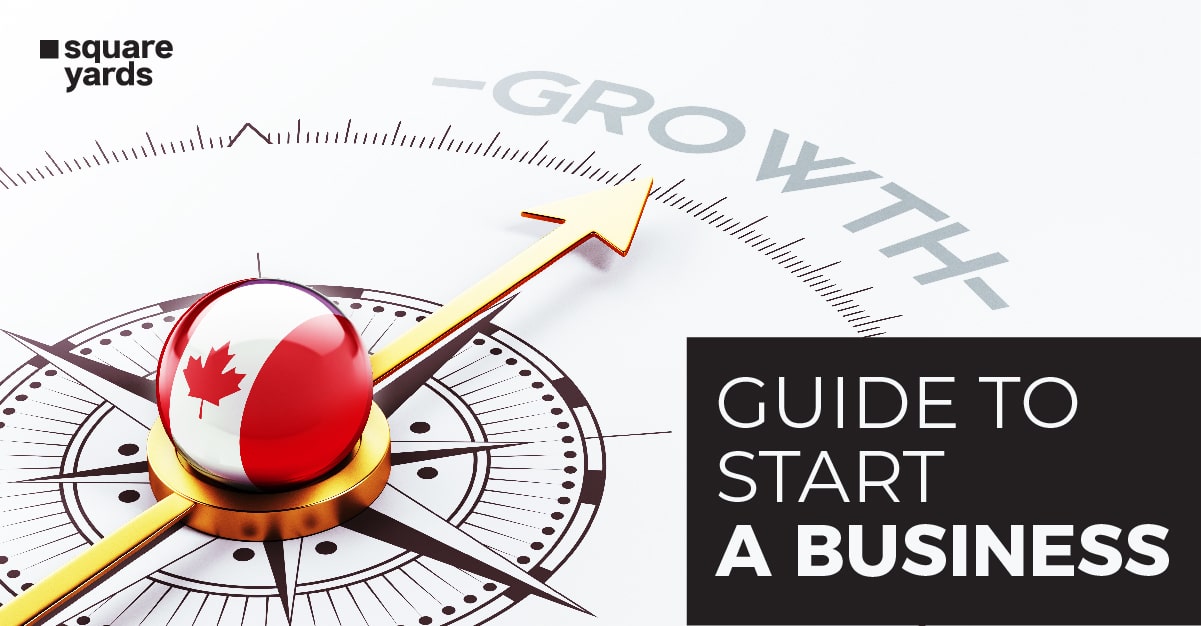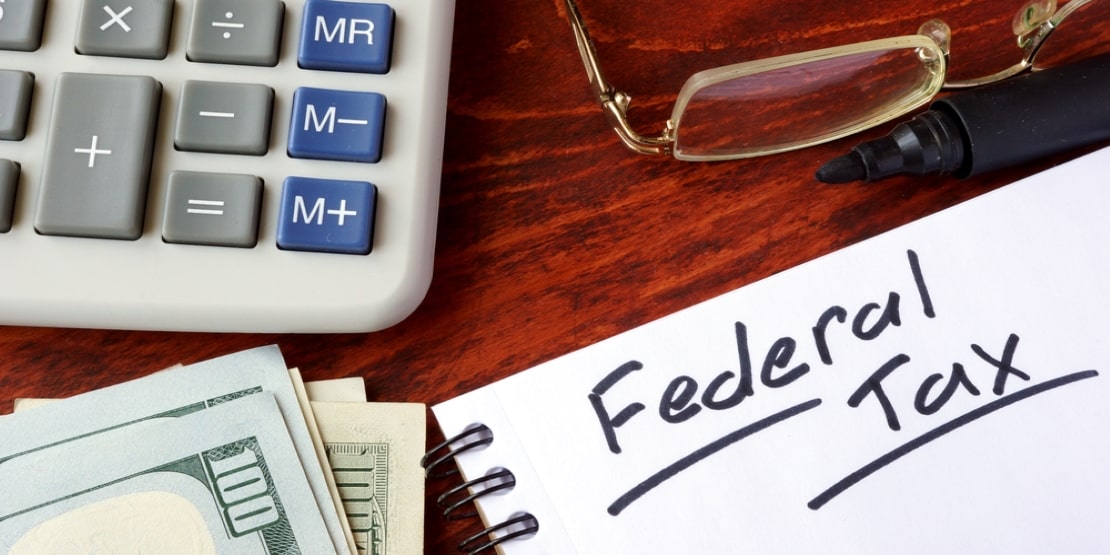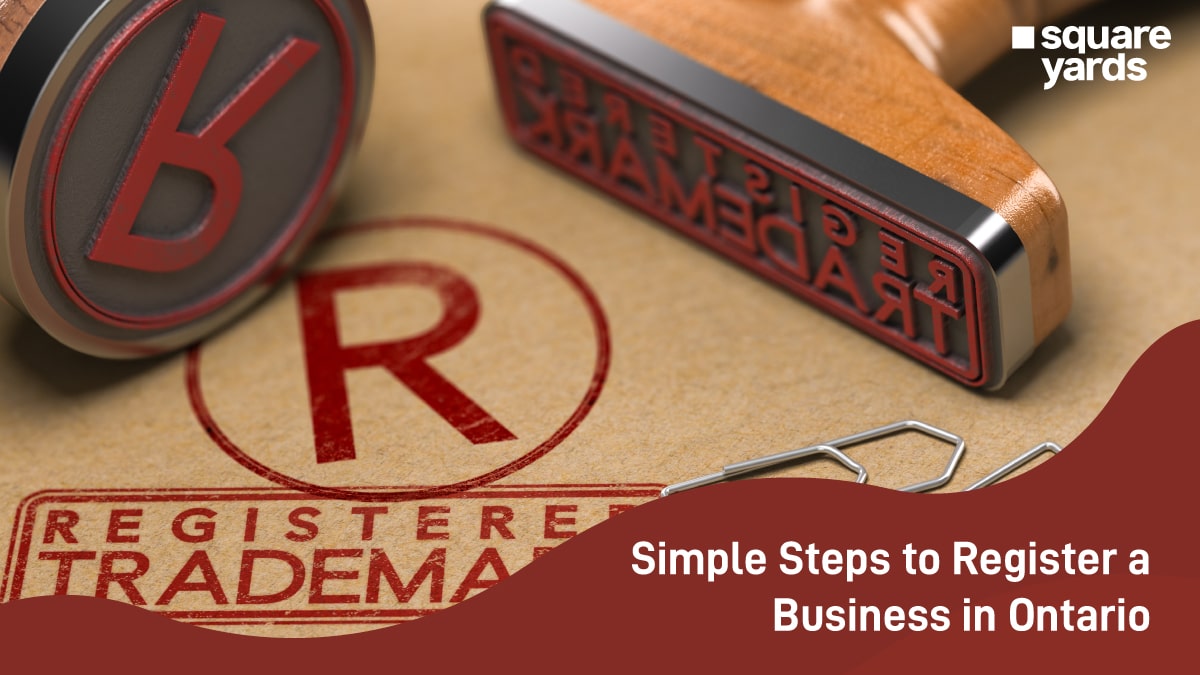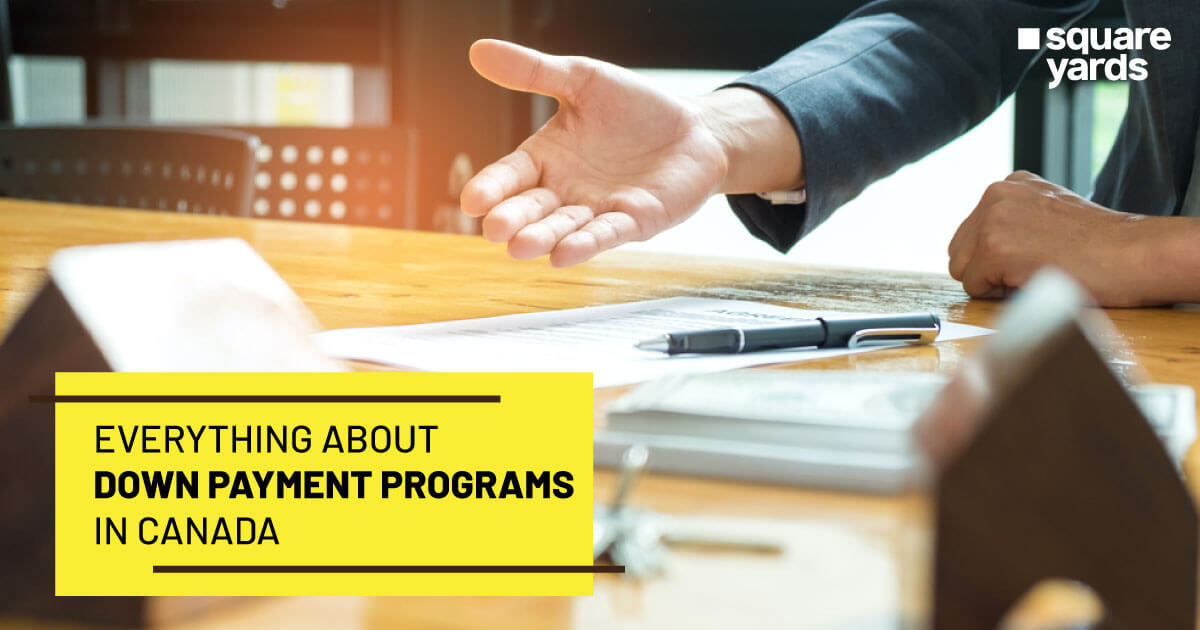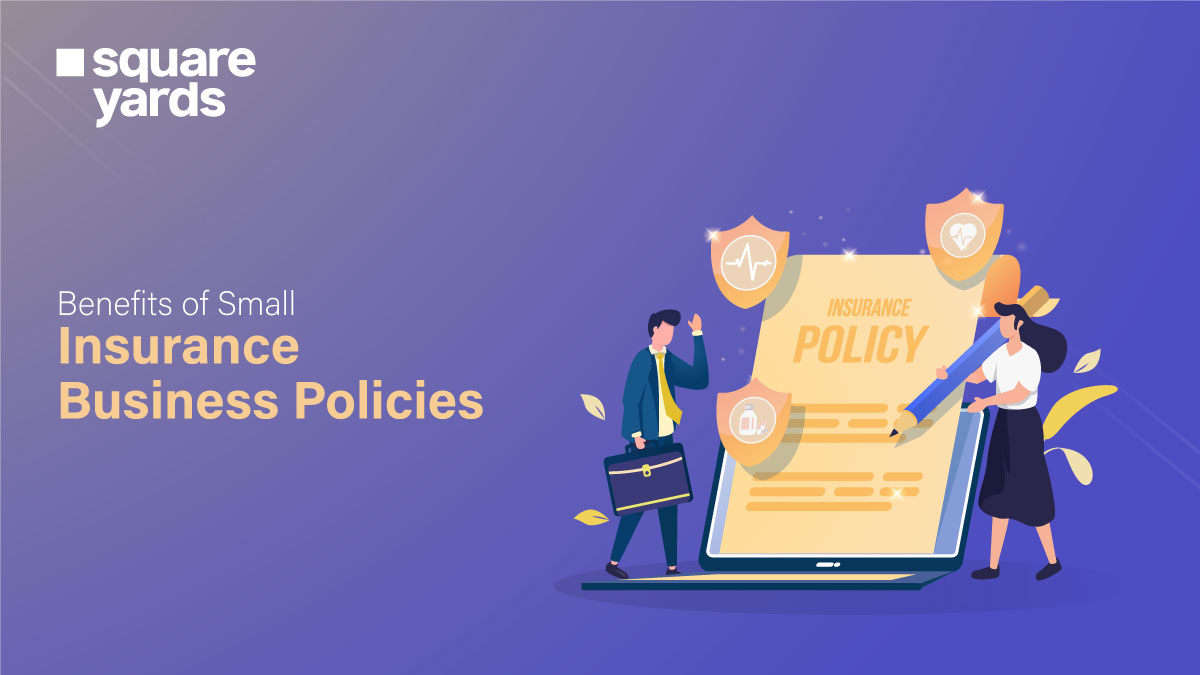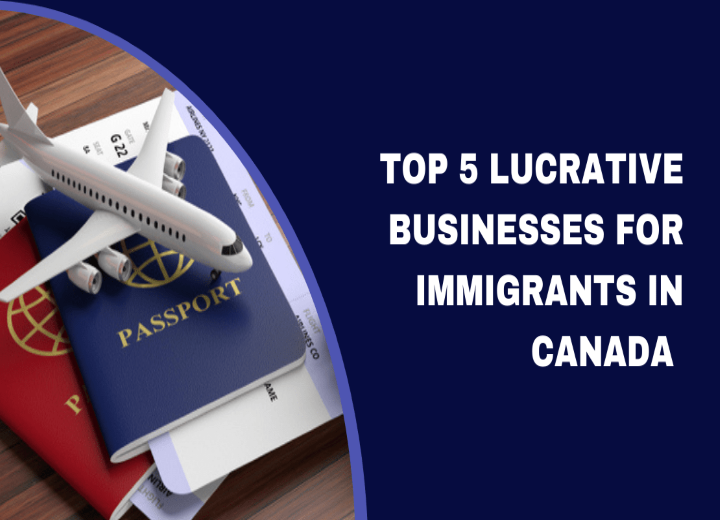To Start a business in Canada is not a piece of cake and might be overwhelming at first. The best practice is to execute the entire process step by step. Paying attention to details and precision in achieving your business goals will help you stay ahead of the pack.
This article has been designed as a guide with time-tested steps that will make your journey to become an entrepreneur a smooth ride.
How to Start a Business in Canada
So without further ado, let’s get down to business.
-
Generate a Business Idea
The first step to starting any business in Canada is to float a notion because a single idea has the capability of changing lives. A great idea is new and unexplored. Decide on what you want your business to become in the future.
Finding a business idea can be tough at times, but this is where you can adopt the tried and tested methods that have worked for other entrepreneurs. Thoroughly examine the current trends, and the market for your business and improve your skills and concepts. Also, do not forget to test out your idea before you invest your time and money into it.
-
Learn about the Business Structures
Most of the businesses in Canada operate under the following three categories:
-
- Sole Proprietorship
- General Partnership
- Corporation
So, before you establish your business for sale ensure that you have a clear understanding of the different structures and the category in which your business falls. You can also take consultations with a lawyer or an accountant who can explain the system better.
-
Establish Your Business Plan
A business plan is the foundation stone of your venture. It’s a roadmap that guides you through your journey of securing funds, and establishing and growing your business. A business plan will help you examine the market for your business, industry and products.
A business plan is the litmus test that reveals whether your business is feasible or not. Hence, it becomes an important tool to secure early investment opportunities.
-
Look for Investments
For some individuals, it is easier to set their business for sale in motion with self-financing. But, many would require sourcing outside funds to get their venture going. After all, setting up a business is a capital-intensive process. Basic expenses like start-up costs, and daily operating costs have to be taken care of for a period of at least three months.
From government grants, sharing equity and crowdfunding to debt financing, there are many options that you can consider for financing your business. Comprehend the meaning, pros, and cons of each type of source so that you can make a wise decision. Some people also turn to their family and friends for financial help.
-
Name Your Business
What’s in a name, you ask? The soul of your business. It is a universal facet of your business that will be used for global marketing. But before you finalise a name, you need to consider both marketing and legal aspects. Keep in mind that in Canada, more restrictions are placed on corporations than on sole proprietorships but the legality of it has to be considered.
Select a name that is graspable and can be easily registered in the minds of the consumers. It should also align with your vision and mission.
-
Register the Business for HST/GST
It is essential to register your business in Canada for harmonised sales tax (HST) and the goods and services tax (GST) unless your business has a gross income of less than $30,000 for four successive years. This threshold for the small supplier exemption does not apply to all businesses. For example, limousine and taxi services are required to register for HST/GST.
Keep in mind that even if you’re not making enough money for a start, you might want to get your business registered for HST/GST because then you will be able to receive Input Tax Credits. This way you will get back the HST/GST that your business has exhausted for purchases etc.
-
Register for Provincial Sales Tax
Some provinces in Canada do not have their sales tax merged with the federal GST. You will have to register in those provinces to remit and collect the provincial tax. So, in British Columbia, Alberta, Saskatchewan, or Manitoba you have to register as a collector of provincial sales tax or PST. In the province of Quebec, you will have to register for Quebec Sales Tax (QST).
-
State and Federal Tax ID Numbers
Federal Tax ID, also known as an employer identification number (EIN) is a 9-digit number that is assigned to organisations and businesses by the IRS for the purpose of tax. So, in a way, it is your business’s Social Security Number.
EIN is needed if:
- Your business has employees apart from yourself
- The business is incorporated
- If the business is a multi-member LLC which means your business is being run with a partner
- A bank account has to be opened
- You have to file for bankruptcy
An EIN will aid you in filing your taxes, and protect your personal information. It is a source of legal protection and will help establish credit.
-
Business License
It is recommended that you consult a business attorney before you get started because certain businesses require local, federal, or state licence to operate legally. There are various websites and tools available that will help you in recognising the licences required and find all the legal documents required to register for licence.
Keep in mind that your business is subject to the laws governed by the province where you are starting your business.
-
Open your Bank Account
To ease things on the financial matters, open a business bank account and generate a credit card for your business. It is essential that you keep your professional and personal finances separate to ease the tax calculation. It is a great hack if you are starting your business without money.
-
Business Insurance
Business insurance is your safety net which is a protecting shield for your assets and small business. It can be an aid if things go south. Study the different requirements and laws as they alter according to the provinces. If your state does not require you to have business insurance, getting extra protection for yourself never hurts nobody.
-
Tools and Software
Never underestimate the value of good software. It is one of the sure-shot ways to unburden the task at hand and get your business in Canada up and running. Software like accounting, email marketing, ads, project management, and a website or online store can work wonders for your small business in its starting stage. It can also help you explore the unfathomed areas where you need your business to excel.
-
Assemble your Employees
You would have to hire employees eventually, even if this stage comes on later in your business life. But, you should start preparing for it and become legally competent to hire employees for your business. Many activities have to be taken care of like worker’s compensation insurance, payroll deductions, and employment insurance.
Before hiring employees you need to do the maths regarding your costs and availability. More employees would increase your personnel expenses or operational cost. However, you might want to hire for the roles like customer service coordinator, ads specialist, inventory manager, marketer, or graphic designer.
-
Marketing is the Key!
Once you have established and launched your business for sale, it becomes extremely important to put it on the map. Promoting your business to bring in customers is vital for survival. You must have made your marketing strategy during your business plan. At this stage, it is time to get the wheels rolling. Study the various marketing strategies and initiatives that are a perfect match for your business.
Create a brand that is easily recognisable and can stand out in the stiff competition. Work on elements like the brand logo, company colours, font, voice, tone and messaging. Ensure that you position your brand in a way that the target audience can relate to it. Do not forget to create a website/online store for your business. Today, building an online presence can be a game-changer for new businesses.
Promoting your brand to get the first sale is a difficult task but it can be achieved if you keep these tricks up your sleeve. Make use of your network like social media websites to get traction. Offer early-bird discounts to your new customers. Start small but do invest in running paid ads to get in the eyes of your target audience.
You May Also Read
| About Business Immigration to Canada | Best Home Business Ideas in Canada |
| Businesses for Immigrants in Canada | Temporary Worker Visa in Canada |
Frequently Asked Questions
What is the fastest growing business in Canada?
E-commerce is the fastest growing business in Canada, majorly because of the pandemic.
Can a non-citizen start a business for sale in Canada?
Yes, any investor, foreign entrepreneur, and non-citizen can register and start a business in Canada.
Which province is best for business in Canada?
British Columbia is considered to be the best province for conducting business in Canada.
Which state is easy to get PR in Canada?
Nova Scotia is the easiest province to get PR in Canada.
Can I start a business for sale without registering it in Canada?
Yes, it is possible to start a business in Canada without getting it registered. However, certain limitations have to be followed.

